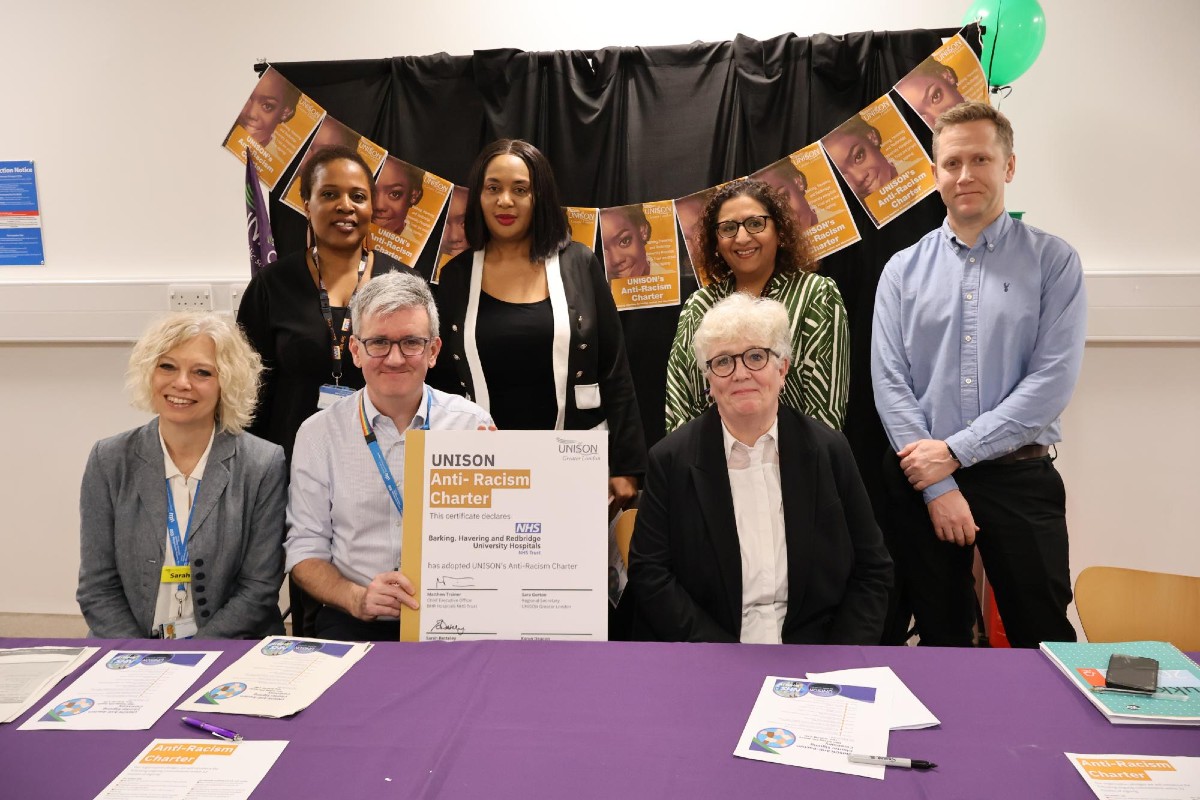Diagnosis Connect will ensure patients are referred directly to trusted charities and support organisations as soon as they are diagnosed - providing personalised advice, information and guidance to help them manage their condition and feel more in control. The government says this support is designed to complement, not replace, their usual NHS care.
The government hopes that by helping people understand and manage their conditions from day one, the new service will help reduce flare-ups, improve quality of life and avoid unnecessary hospital visits.
The service, due to be launched in 2026, will support a quarter of a million people in its first two years focusing on areas like diabetes, mental health and lung conditions. It will be scaled up to reach hundreds of thousands more over the coming years.
As the programme expands, a digital referral system will allow NHS teams in all healthcare settings to connect patients to a broad network of voluntary, community, and social enterprise organisations. Patients will be sent a text or push notification via the NHS App with information about relevant support groups and charities should they wish to seek further help.
Health and social care secretary, Wes Streeting, said: ‘Being diagnosed with a long-term condition can be overwhelming. People are often handed a leaflet or a phone number and left to find help themselves - right when they're feeling scared, confused and unsure where to turn.
‘We're changing that. Just as people with cancer or dementia are often guided to well-known charities for specialist advice and support, this new service will make sure patients with other long-term conditions are directly referred to trusted organisations from the moment they're diagnosed.
‘It's about making it far easier to give people the emotional support, practical guidance and confidence they need to manage their condition and live fuller, more independent lives.'
Reaction
Helen Buckingham, chair of National Voices, said: ‘Being diagnosed with a new and potentially serious health condition can be an overwhelming, burdensome and sometimes frightening experience. We know from our members that providing support at the point of diagnosis is vital to ensuring that people have the skills and confidence to manage their condition, reducing the risk of deterioration.
‘The VCSE sector, properly funded, can play an important part in making the 10-Year vision a reality. This is just one example of the value of enabling the sector to perform their unique role in the health system; supporting the people they advocate for. We hope to see many more.'
Rachel Power, chief executive at The Patients Association, said: ‘This is a welcome initiative that rightly recognises the vital role expert charity support plays in helping patients manage long-term conditions. Our work shows that patients living in underserved neighbourhoods often struggle to get the information they need and face barriers when communicating with healthcare professionals. Early access to trusted charities at the point of diagnosis can make a real difference.
'For it to truly succeed, the referral system needs to capture the full diversity of support available, from established national charities to grassroots community organisations. Done right, this could help reduce health inequalities and be transformative for all patient outcomes.'



